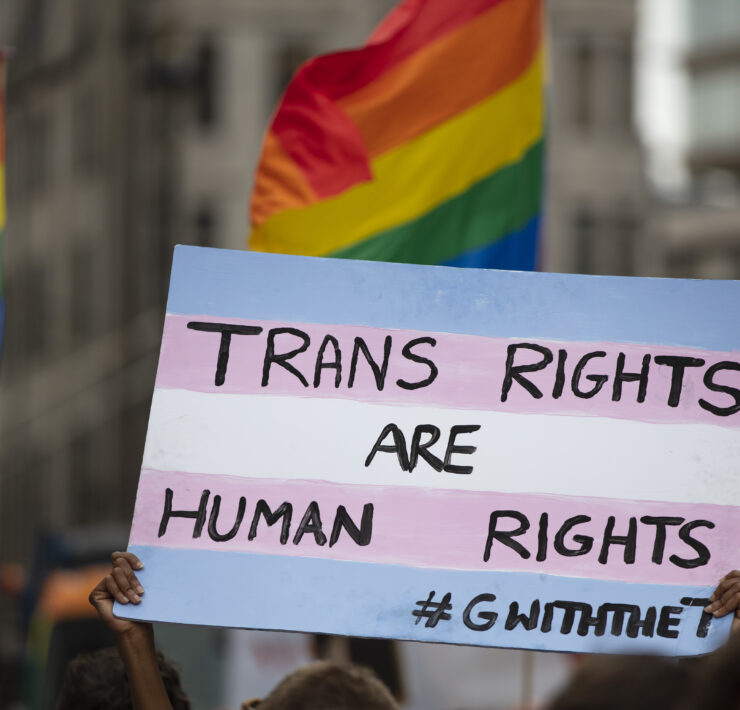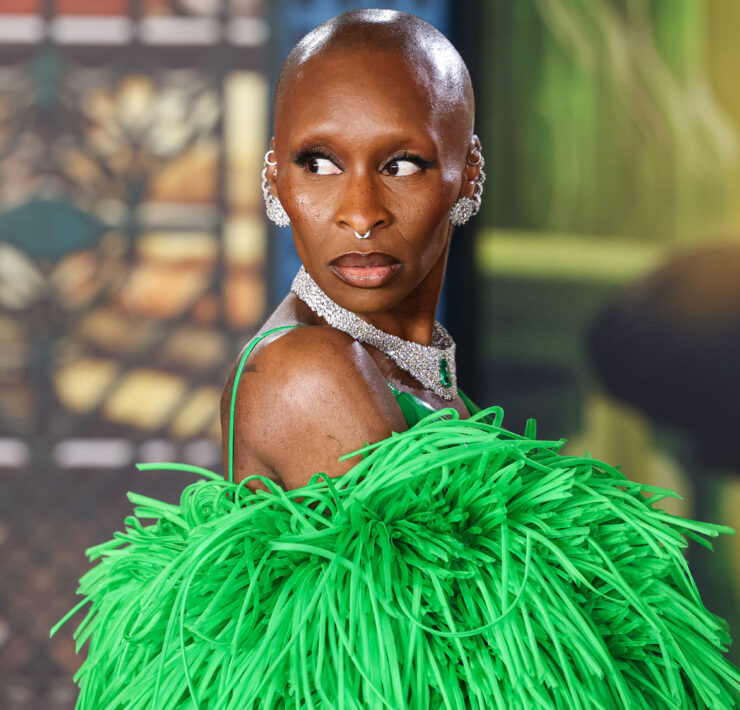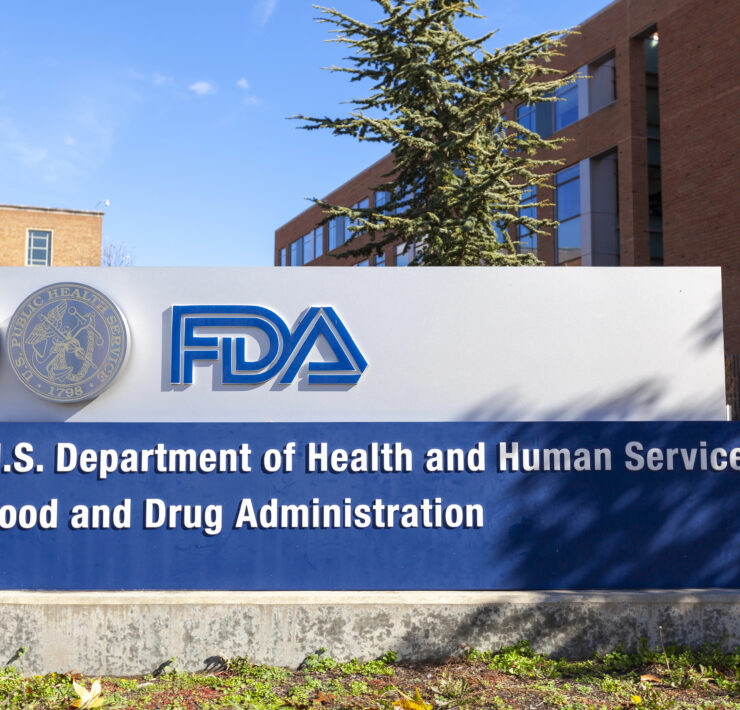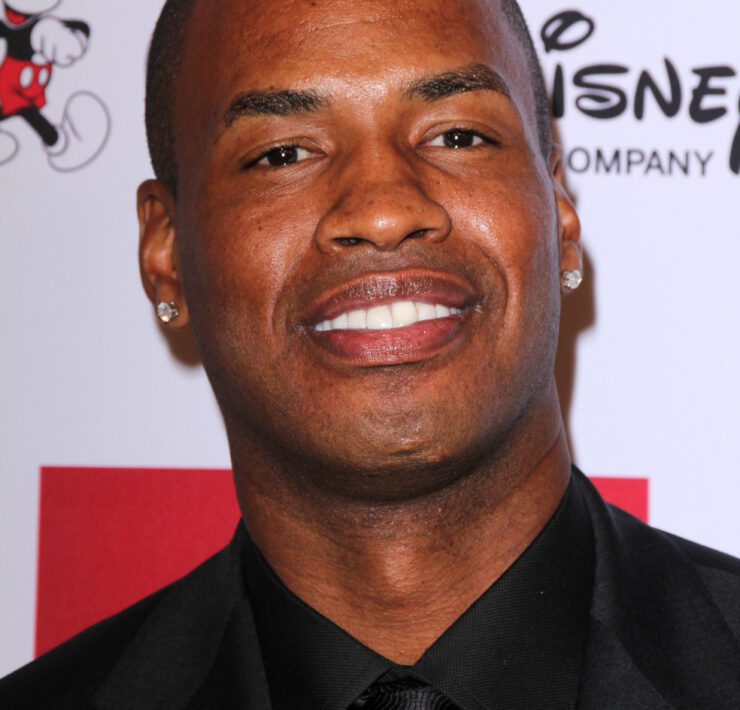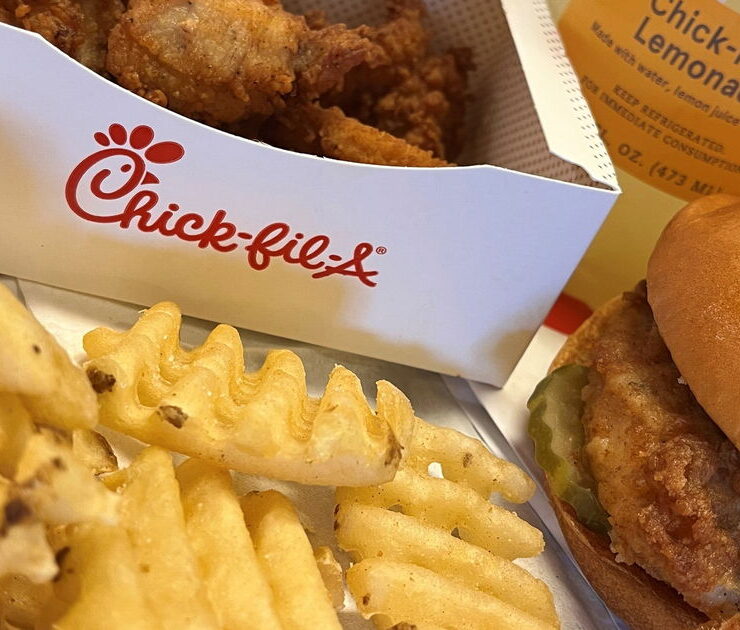LGBTQ Survivors Face Unique Barriers in Reporting Childhood Sexual Abuse

A recent study from Independent Inquiry Child Sexual Abuse, a nongovernmental statutory inquiry for England and Wales, has uncovered some concerning trends relating to LGBTQ victims of Childhood Sexual Abuse or CSA. The study found that, despite increasingly positive public perception of queer identities, there are still a number of barriers that prevent LGBTQ victims and survivors from getting the justice and support they need.
The study examined the experiences of 31 self-identified LGBTQ victims and survivors of CSA. The surveyed participants were asked a number of questions relating to their experiences about trying to get support as CSA survivors and LGBTQ people. Topics included barriers when reporting or disclosing abuse, societal response to queer victims and survivors of CSA, and experiences with support systems.
When asked, survivors revealed that a number of homophobic and transphobic myths about abuse are still prevalent. One such myth is that the abuse caused the victims’ queer identity. A number of participants expressed that others have tried to explain their identities through the abuse that they suffered as children.
One participant says, “I’ve been asked whether I’m nonbinary specifically because I experienced child sexual abuse and whether I’m turning my discomfort with my body from the sexual abuse into a gender issue that isn’t really there.”
Another common stereotype reported by survivors was that LGBTQ victims caused their own abuse. “I think society as a whole often feels that people (other than heterosexuals who were abused by people of the other sex) are more complicit in their abuse somehow,” says one survivor.
Particularly, gay and bisexual men and boys seem to be subject to scrutiny about inviting their own abuse with an LGBTQ support system. Researchers state, “Gay and bisexual boys in particular use dating apps where there is lots of access to sex but less emphasis on relationships. They may view this as normal/acceptable because being socialized in the heteronormative world means they don’t have the opportunity to learn about healthy same-sex relationships.”
One of the most damaging myths in terms of survivors reporting or seeking support is the belief that people who are abused perpetuate abuse themselves. A number of survivors in the study, especially queer men, expressed fears of disclosing their abuse because they themselves might also be considered a pedophile. This is a longstanding stereotype about queer people that is not true, but it appears to still be very much alive in the public consciousness.
Even if survivors can navigate the various myths and stereotypes that make disclosing abuse difficult, the current systems of professional support can be hostile to LGBTQ individuals. Accessing support seems to be very much a matter of luck, and while there are some facilities that specialize in support for queer survivors, they are few and far between.
One survivor described, “Whether or not one has access to the right services can be a postcode lottery.”
Ultimately there is an issue of sexual violence within the queer community, and LGBTQ minors are specifically vulnerable. It is incredibly important that as a community we are aware of the issue and work both to prevent the violence and provide adequate support to survivors.



